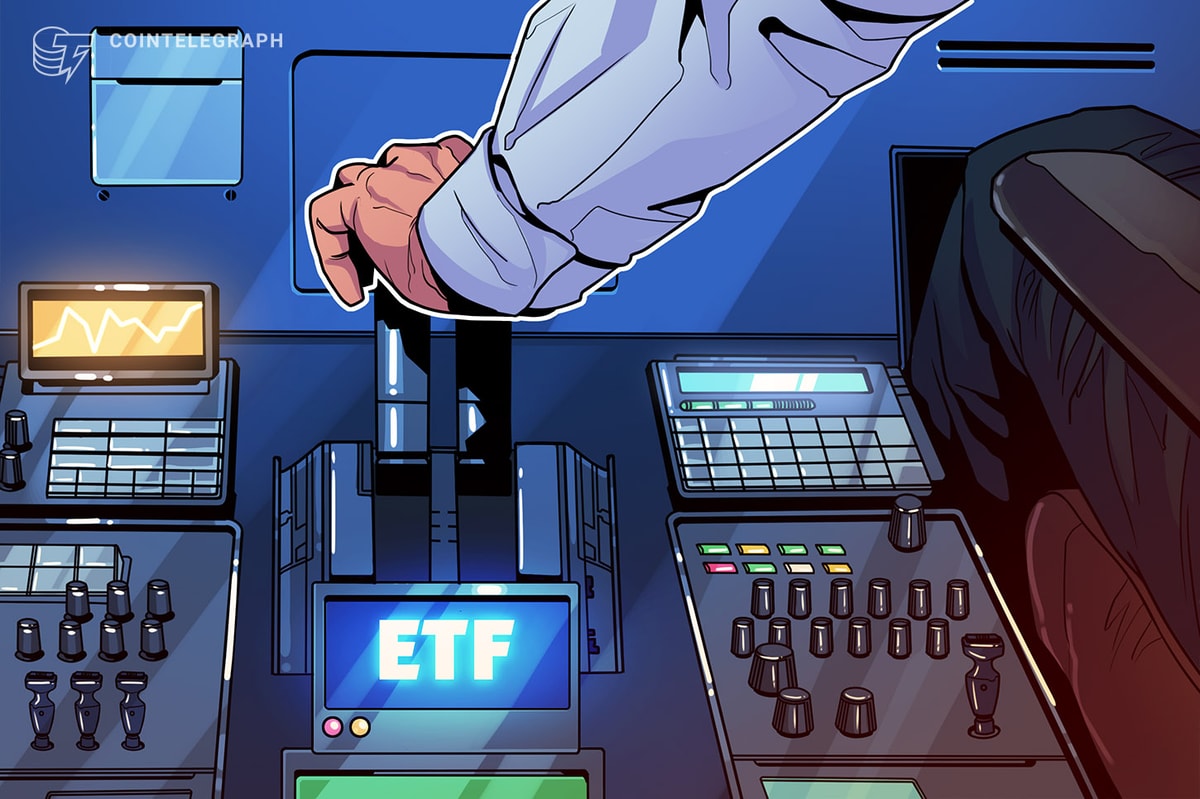On October 31, investment platform Canary Capital submitted an S-1 registration statement for a proposed exchange-traded fund (ETF) tracking staked Injective Protocol (INJ) to the U.S. Securities and Exchange Commission (SEC).
INJ serves as the governance, staking, and utility token for the Injective Protocol, a layer-1 blockchain dedicated to decentralized finance (DeFi) applications.
According to the filing, a primary goal of the proposed fund is to generate staking rewards through “approved staking platforms,” performing validation services as a delegate.
A Delaware Trust was established by Canary Capital in June for this staked INJ ETF, filing confirms its organization. This submission constitutes the most recent application seeking an altcoin-based ETF listing in the United States.
SEC application for Canary’s Staked Injective Protocol ETF. Source: Nasdaq
The filing also signifies the ongoing integration of traditional finance (TradFi) and decentralized finance (DeFi). This trend gained momentum following SEC guidance recognizing staking rewards as income rather than securities transactions, enabling asset managers like Canary to operate validators via delegated staking.
The boundary between TradFi and DeFi is blurring, sparking debates within the crypto community
Nelli Zaltzman, blockchain payments innovation head at JPMorgan’s real-world asset tokenization platform Kinexys, argued at the RWA Summit 2025 that the separation between these financial spheres may dissolve within several years.
Furthermore, Christopher Perkins, President of CoinFund, commented that this convergence allows retail investors access to opportunities previously exclusive to private equity, merging the distinctions between accredited and non-accredited participants.
Despite these advantages, not all crypto advocates favor closer integration. Investor Nick Rose expressed skepticism towards “institutions and ETFs” potentially harming crypto’s long-term growth.
“Institutions and ETFs are bad for crypto,” Rose stated on X. “Everyone cheers inflows like it’s free money, but Wall Street doesn’t HODL, they hedge, rotate, and dump when risk models say ‘exit’”
He argued the traditional finance model of managing portfolio exposure conflicts with crypto’s inherent characteristics.
Related: SEC delays in-kind redemption decision for Bitwise crypto ETFs
Magazine: SEC’s U-turn on crypto leaves key questions unanswered











